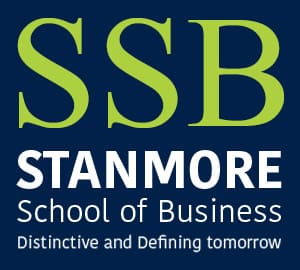Loading...
Undergraduate Certificate in Ethics in Substance Abuse Counseling
Educational Excellence: Trusted by thousands of learners worldwide
Overview
Loading...
Learning outcomes
Loading...
Course content
Ethical Principles in Counseling
Cultural Competence in Substance Abuse Counseling
Confidentiality and Legal Issues in Counseling
Boundaries and Dual Relationships in Counseling
Self-Care and Burnout Prevention in Counseling
Motivational Interviewing in Substance Abuse Counseling
Group Counseling Techniques
Family Dynamics in Substance Abuse Counseling
Addiction and Recovery Models
Assessment and Treatment Planning in Counseling
Duration
The programme is available in two duration modes:
Fast track - 1 month
Standard mode - 2 months
Course fee
The fee for the programme is as follows:
Fast track - 1 month: GBP £140
Standard mode - 2 months: GBP £90
Career Path
Key facts
Loading...
Why this course
Loading...
Frequently asked questions
Loading...

